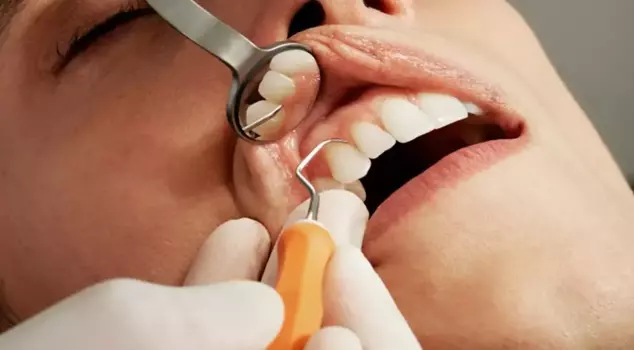
10.09.2025 19:10
Japanese researchers have developed a revolutionary drug that could provide a permanent solution to tooth loss. The treatment, which aims to promote the natural regrowth of teeth, is currently being tested on humans after achieving success in animal trials. If the results are positive, a brand new treatment option could be available by 2030 for millions of people, from children with congenital tooth loss to adults.
```html
Japanese researchers have developed a drug that will make it possible for teeth to regrow after being lost. If the clinical trials are successful, this treatment could be widely available by 2030.
A DRUG THAT WILL REGROW TEETH HAS BEEN DEVELOPED
The human body consists of 206 bones, and bones can repair themselves when damaged. However, teeth, despite being the hardest structures in the body, do not have the ability to regenerate. Japanese scientists are working on a new treatment to address this deficiency.
EXPERIMENTS ON ANIMALS HAVE BEEN SUCCESSFUL
The foundation of the research is a special antibody called 'USAG-1', which has been identified as inhibiting tooth growth. Scientists from Kyoto University developed a method in 2021 that triggers tooth development by blocking the effects of this antibody. This method disrupts the interaction between bone morphogenetic proteins (BMP) and the antibody. After positive results from experiments on ferrets, the team began clinical trials on humans.
TESTING ON 30 MEN WITH AT LEAST 1 MISSING TOOTH
As of September 2024, trials have started on 30 men aged between 30 and 64, all of whom have at least one missing tooth. The drug is administered intravenously, and the trial process will last for 11 months. Scientists are hopeful as no side effects were observed in previous tests on animals.
PLANNED FOR RELEASE IN 2030
In the later stages of the research, children with congenital tooth loss will also benefit from the treatment. Kitano Hospital plans to implement this procedure, especially in children aged 2 to 7. The ultimate goal is to safely and widely make this treatment available by 2030, allowing teeth to regrow.
GOAL: A NEW HOPE
Katsu Takahashi, who leads the research, stated, "We know that suppressing USAG-1 contributes to tooth formation. Now we are testing whether this works in humans as well." Takahashi emphasized that they aim for this treatment to be a new hope for everyone who has lost their teeth, as well as for those with congenital tooth loss.
```